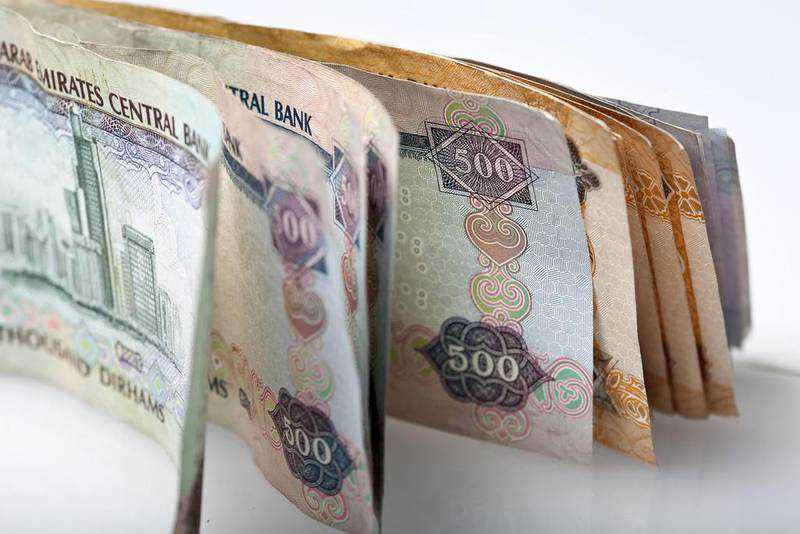'What happens to my end-of-service benefits if I lose my job while outside the UAE?'
22 August, 2021

I am currently out of the country and my employer has terminated me. My visa expires in October. What happens if my employer doesn't cancel my employment visa and it automatically expires or gets cancelled in October? Am I entitled to receive end-of-service benefits? MM, India
Under UAE Labour Law, an employer is not permitted to terminate a person's employment when they are out of the country. This is covered in Article 90 of the UAE Labour Law: “Without prejudice to the cases in which the employer is entitled to dismiss the worker without notice or gratuity set forth herein, the employer may not dismiss the worker or give him a notice thereof while the worker is on a leave …”
In addition, an employer must give a valid reason for the termination.
Such situations are complicated during the Covid-19 pandemic as many people have been unable to return to the UAE due to flight suspensions. However, the employee should not be disadvantaged if the employer approved annual leave and was aware of their intention to travel outside the UAE.
If this is the case, I assume that MM has kept his employer appraised of the situation, so he cannot be accused of absconding. In that case, he has some protection under the law.
If an employer does not provide a valid reason for termination, and the employee is out of the UAE, notice of termination should not be given and MM could have a case for arbitrary dismissal.
Article 122 of the UAE Labour Law states: “The termination of the employment of the worker by the employer shall be deemed arbitrary should the cause of termination not be related to the work …”
Meanwhile, Article 123 explains the compensation that may be due. “Should the worker be arbitrarily dismissed, the competent court may order the employer to pay a compensation to the worker. The court shall assess such compensation, taking into account the type of work and the extent of damage incurred to the worker as well as the duration of employment and after the investigation of the work conditions. In all cases, the amount of compensation shall not exceed the wage of the worker for a period of three months calculated on the basis of the last due wage.”
UAE visas do not automatically expire and should always be properly cancelled. This is the responsibility of the employer. The employer must also obtain the signature of the employee on cancellation documents, which also state that all money owed has been paid. No employee should sign these without payment in full.
Any employee who has been with a company for more than a full calendar year is entitled to an end-of-service gratuity.
In this situation, MM should contact the Ministry of Human Resources and Emiratisation to register a case against the employee for incorrect termination, payment of end-of-service gratuity and potentially arbitrary dismissal. As MM is not in the UAE, the telephone number is +971 6 802 7666. There is also a useful online chat facility on the ministry's website.
I am the HR manager for a company that is in the process of setting up a new division in the Dubai International Financial Centre (DIFC). This will operate as a separate company under DIFC rules, but I have a question about the DIFC Employee Workplace Savings (Dews) plan as I haven’t dealt with it before.
We are taking on three new employees in our DIFC office and they will all be on a three-month probationary period. Do we need to start the Dews contributions straight away, or only once they are permanent employees? SH, Dubai
Dews came into effect for DIFC companies in February 2020 to replace the standard end-of-service gratuity that previously applied in line with the UAE Labour Law. This is an end-of-service benefit plan in which mandatory contributions from the employer go into a funded and managed savings plan.
The rule is that employees should join the plan immediately upon starting service, but there is some leeway with this. If an employee is on probation, the employer can choose to defer making payments until the probation period is completed.
Assuming the employee becomes a permanent member of staff, the employer must then make a payment to cover the missed months from the start of service. If the employee is not retained, then the employer is not obliged to make any payments.
If an employer has made Dews contributions during a probation period but the employee is not retained, the money cannot be reclaimed by the employer, but the employee will still receive the Dews contribution.
Source: www.thenationalnews.com
